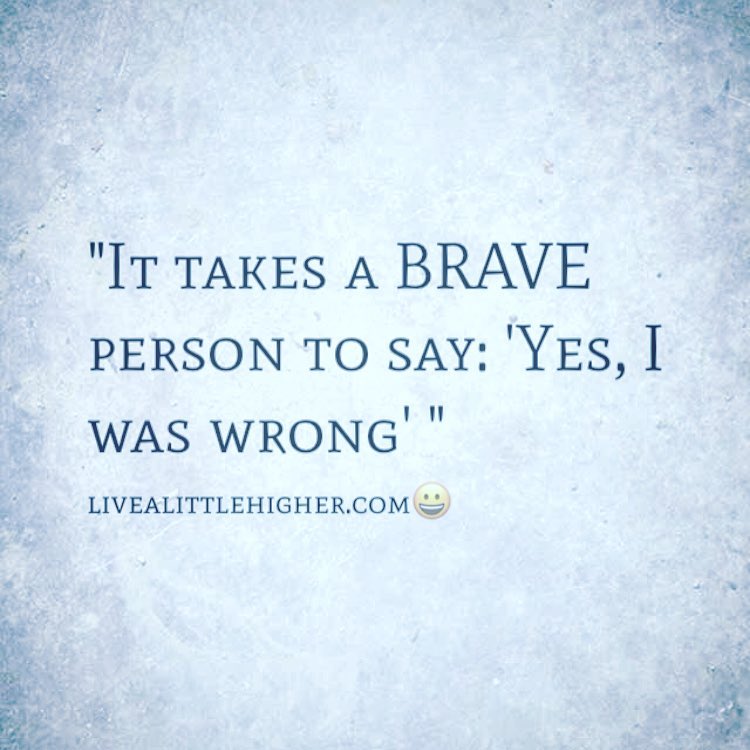
When famine struck the Land of Israel, Yaacov sent his sons, with the exception of Benjamin, down to Mitzraim (Egypt) to get some food. When they came to Joseph, the Viseroy of Egypt, he questioned them and called them spies. “And they said one man to his brother, we are guilty about our brother. We saw the suffering of his soul when he pleaded to us and we did not listen to him. Therefore this misfortune has befallen us.” (Genesis 42:21)
Joseph’s brothers could see the connection between their action and the consequence. Rabbi Dovid of Zeviltov says: “if a person did something wrong and recognizes it, he will be forgiven. But if a person erred and denies it, there is no atonement for him.
When he heard this, Joseph was full of compassion for them and cried. (Cited in Otzer Chayim)
It is not easy to accept our faults, maybe it is because we think that this will make us little in the eyes of others, but the reality is the other way around. When we acknowledge we have wronged someone others will admire us more because of our honesty and courage to admit the mistake. It takes a brave person to say, “yes I was wrong.”
This also shows humility of heart and a will to better ourselves.
As they say “to err is human and to forgive is divine.”
Some ideas taken from “Growth through Torah” by Rabbi Zelig Pliskin
livealittlehigher.com